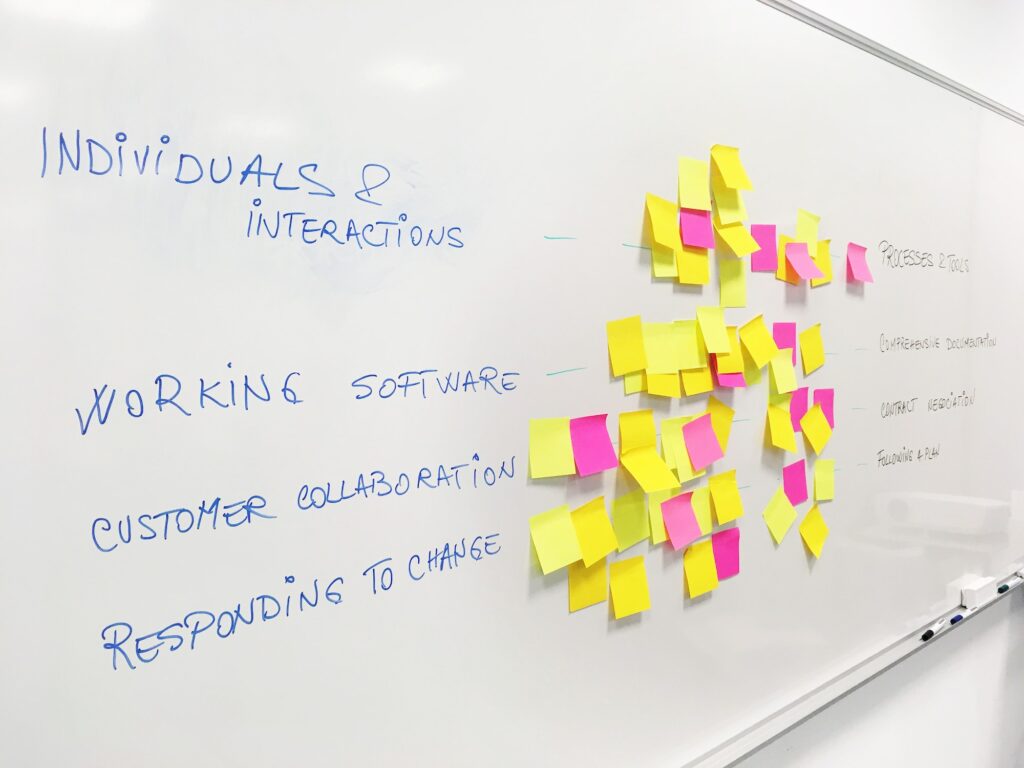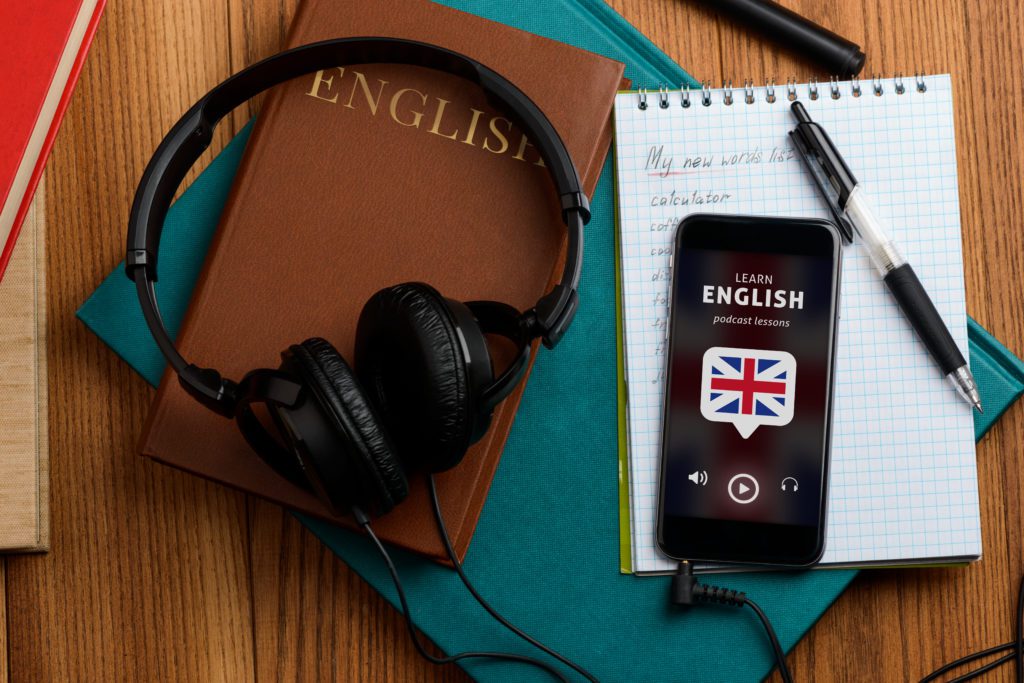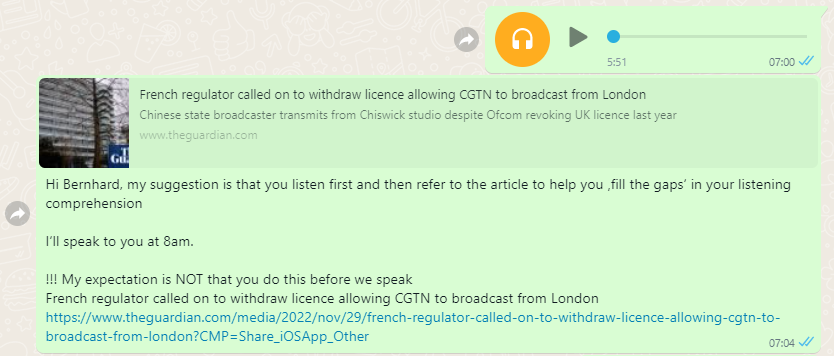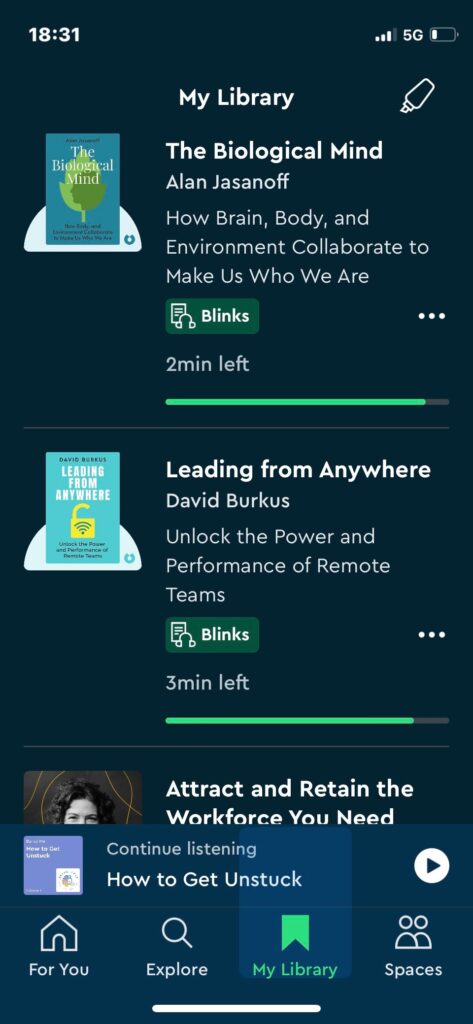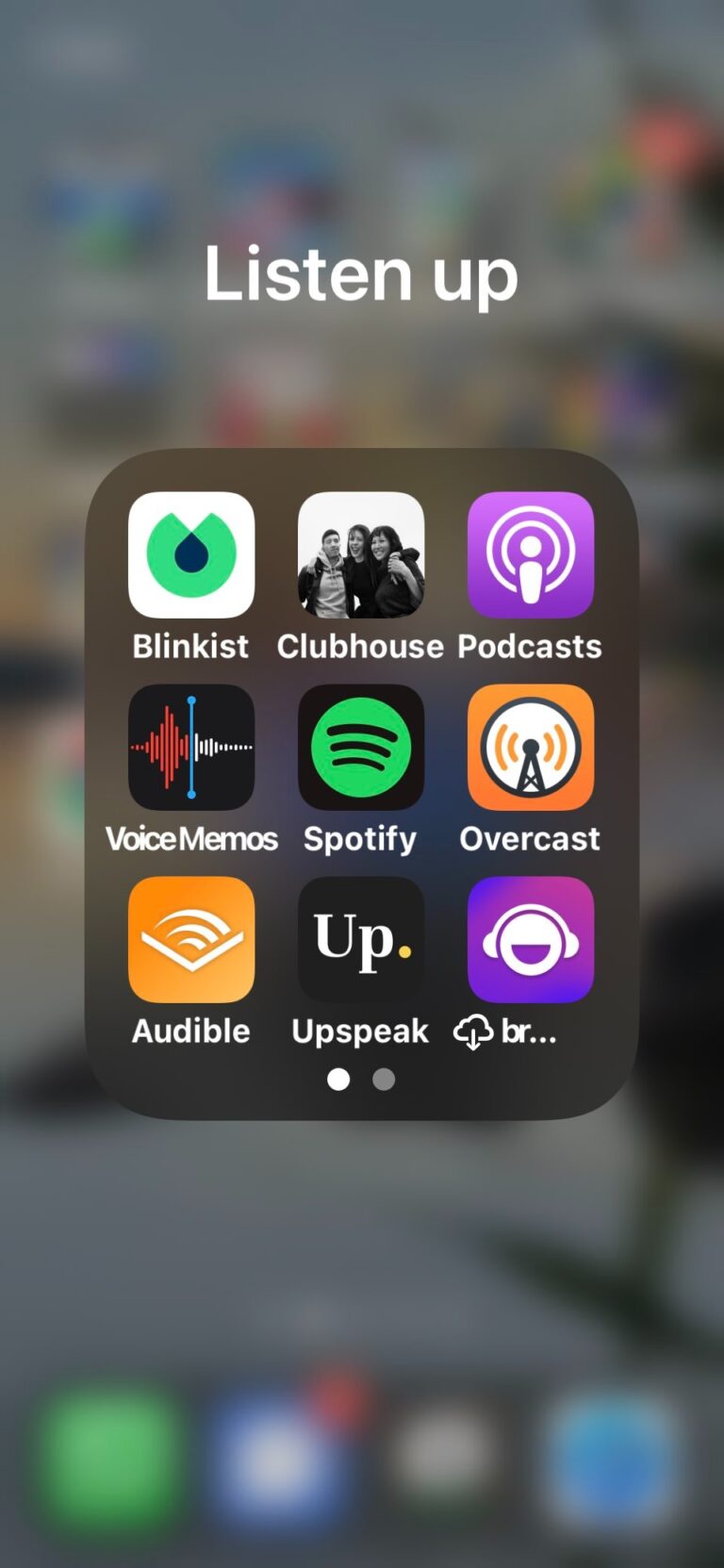So, my VIP-clients get the opportunity to practice pronunciation on a regular basis as I will often get them to write a text or a dialogue about something in their industry, something that they can use later to post on LinkedIn as a rule. I send back the correct version and get them to record themselves reading it out loud. Some people practice on their own first, but the key is to escape the comfort zone where you limit yourself to reading and writing. It is critical to read out loud.
Now, being an advocate of (private) WhatsApp for my coaching, this is something that they can do at a time and place that suits them. And then I’ll pick it up and send back a corrected audio for them to try again. It is this to and fro of pronunciation practice that gives them the confidence to speak up and get familiar with the key terms in their industry. At the same time as building their personal brand through content that is perfect and professional.
I’m a practical kind of girl, and this approach is very popular, even for people that hated reading out loud at school. After all, this is just the two of us, right?
Now, in terms of building their knowledge and network, I encourage my VIP-clients to read an industry article every week. By being up-to-date you establish yourself as the expert and you can share the article by tagging a few other experts, potential clients, or employers on your radar. The trick is to add a couple of lines telling them what you enjoy most about the article, perhaps with an example, a thought provoking question or possibly an exception. Whilst this part has nothing to do with pronunciation, we do ensure that a conversation about the article could happen on the phone or in person by identifying those pronunciation power-ups before that article is shared. If someone was to call on the spur of the moment, you’d be able to talk about it.
So, to do that, the danger zones are identified and marked in pink, not because it’s girly, but just because “pronunciation” and “pink” start with “P”. This type of deep reading gives your brain a bigger bang for it’s buck and you’ll remember more. And in case you’re wondering: “green” is for “grammar”, and “blue” is for “business vocabulary”.
Now, if you’re not sure how to say a word, you mark it in pink. That’s the first scan. The second scan, you say these words out loud. Can you say them or does your tongue do all kinds of things except what you want it to? Mark the problem-makers with a star.
Now, for the third sweep or scan, you can choose the top 5 pronunciation problem-words to create a text out of it. It might be a tongue-twister or a dialogue or a joke. It doesn’t matter. Have a bit of fun with this. Those five words aren’t always easy to fit into a text or a dialogue, but you can be a bit silly to make it work. That’s good for creativity, and a little bit of laughter makes learning easier, too.
My VIP-clients send it to me via WhatsApp to check the pronunciation, it’s convenient and personal. But there are of course online dictionaries that you can use. Feel free to check out the whole list of really useful resources for you to try out.







